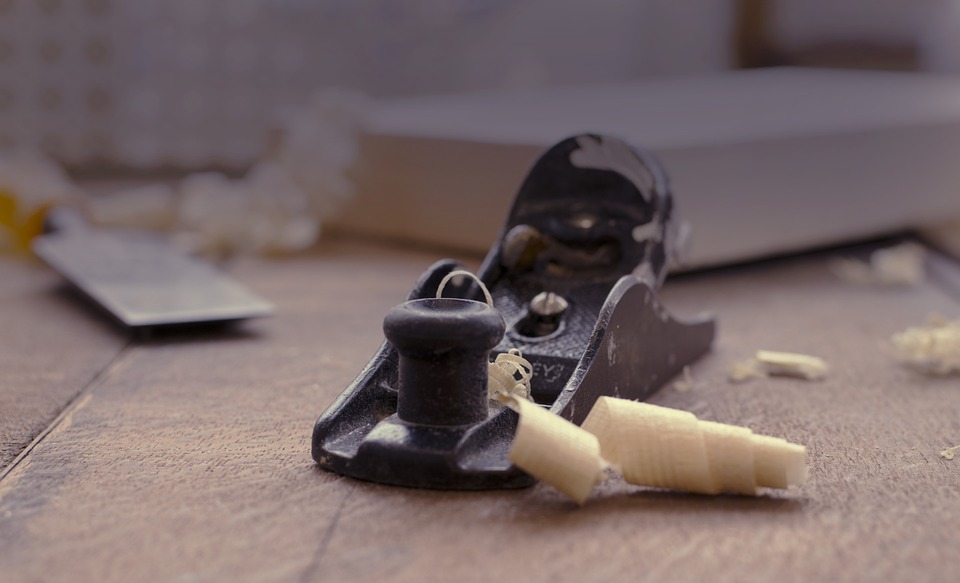Minimising dust and other hazardous compounds in the workshop

The dangers of dust and other hazardous compounds in the woodworking and manufacturing industries are widely recognised; however, it can be all too easy to forget about these when your focus is on the project at hand. Many activities create dust, including cutting, milling, grinding, sanding and even clearing up spillages; which, if managed incorrectly, can lead to serious health problems through inhalation, skin contact, eye exposure and ingestion.
Add to this, the presence of glues, resins, formaldehyde and other wood treatment chemicals in some wood products and the health risks associated with dust exposure only increase.
Making occupational health a priority in the workshop is therefore a must for professionals. Thankfully, along with guidelines from HSE, there are several simple things you can do to minimise dust and other hazardous compounds in the workshop:
1. Dust extraction
Using dust extraction systems (also known as local exhaust ventilation or LEV) in the workshop can help to capture and remove dust before it can spread. Keep the extraction system properly maintained and working correctly (it is a legal requirement to have it examined at least every 14 months) and be sure to educate employees on how to use the system, to provide maximum safety.
2. Wear RPE & PPE
The Control of substances Hazardous to Health (COSHH) Regulations 2002, requires employers to protect themselves and their employees from dust, and for those carrying out activities such as sanding – which involves close contact with the surface – RPE/PPE is a must. We stock a wide range of protective gloves, masks, safety glasses, ear defenders and more – to see our range click here. RPE/PPE is inexpensive and can help stop dust and other hazardous compounds being inhaled & coming into contact with the skin.
3. Damping down
Where dust extraction cannot be provided to remove dust at the source, damping down can be used. Wet dust is heavier than air, so damping down dust helps prevent dust becoming airborne.
4. Vacuum, don’t sweep
Rather than sweeping, an industrial vacuum system can be a lot more efficient in controlling dust in the workspace. Sweeping can cause dust to become airborne, increasing the risk of inhaling particles.
Abrasives that create minimal dust
Sia Abrasives have created a number of products to help increase extraction and minimise the creation of dust in the workshop. The Sia S-Performance multi-hole disc is suitable for a wide range of applications, while the netted Sianet abrasive is a perfect option for the fine sanding of solid wood, veneers and other solid surface materials. You can find out more about our range of abrasives here.
Here at Redwood, we only stock industry-standard products that meet the latest HSE regulations, to provide maximum safety for our customers and their staff. To see our full range of abrasives click here.
